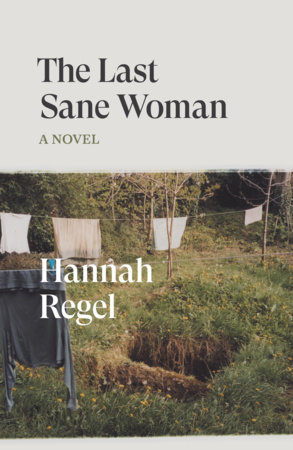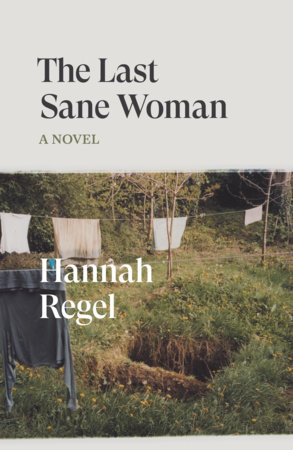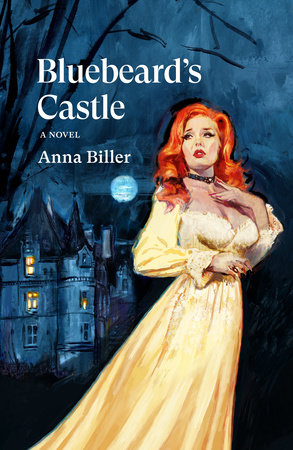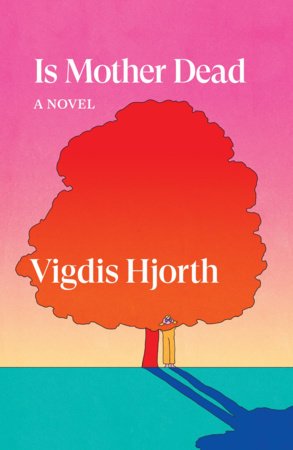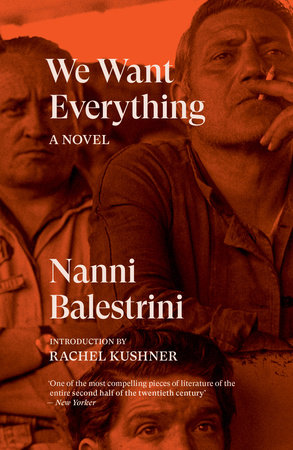Excerpt
The Last Sane Woman
We haven’t found a bed yet so we sleep amidst a pile of pillows and blankets on the floor upstairs, like two children pretending to have found Antarctica. For the kitchen we have cobbled together a passable dining table and four stools from the scraps of wood and broken furniture lying about the atom shelter’s construction site. Dev has managed to scrounge a telly and his grandmother conveniently passed, leaving us a sofa, a fridge and two armchairs.
In our rustic haven we have taken up a few wholesome pastimes such as gardening, i.e. finding and drying magic mushrooms, and making country produce, i.e. brewing dandelion beer and gorse wine by the bucketful. In between all of which a little decorating gets done. It’s still a bit bare and unfinished but moving along at an OK pace given what a shell it was.
Of all the rooms, the conservatory is my favourite. The light is always so brilliant, it is the perfect spot to sit and sketch so long as I wear a good jumper. I have painted the window frames yellow and made some nice simple pots which go along the edge to put the daffodil bulbs in. The only annoyance really is that bees are always getting stuck in there. They hurry in all merry and humming when the door is open and then can’t find their way back out again, dozy buggers. Dev has become obsessed with saving them. Apparently they’re important. He puts sugar and water in saucers, first balanced on the daffodil pots, then on the steps down to the garden, then the path leading to the shed, and the flower beds after that. He watches them like a monk! So patient, bless him, moving and waiting, moving and waiting, until they have drunk enough to fly off again revived, in the right direction.
What he does not do is bring the saucers back in. They collect amongst the flower beds trapping smaller, less significant bugs than bees.
++
What is it? I hear you ask. Evidence, Susan. That’s what. I thought that if I simply told you, you would try to talk me out of it. Not that I think you wouldn’t believe me, just that you might think it wasn’t as bad as all that, or that we could get past it or move on or something, but I hope this will serve as sufficient proof that it is as bad as all that. Look! Look how cheap and gaudy it is. It demonstrates a dismal lack of imagination on Dev’s part but then again I’m not sure why I’m surprised. For all his high ideals it would seem that he, like everyone else, prefers a woman who looks as daft as a brush.
I suppose I should start at the beginning. I found the delightful earring you are holding under the bed. First, I stamped on it. Then I was going to leave it on the kitchen table (that we built!) and get straight in the car to see you, my flower, leaving him to find it on his own and put two and two together. But alas, I am both a coward and a misery glutton, so instead I sat myself down and waited for him to get home from the pub. We talked until three; him all It meant nothing, I’m a fool and me all sweetness and sap going We all make mistakes, no one’s perfect, I love you, I need you etc which lo and behold got more and more hysterical until I was banging my head against the wall screaming What can I do differently? Why aren’t I enough? What’s wrong with me? You know the script. My most demonic display of insecurity yet, probably unhelped by the seventeen glasses of scotch I poured myself before he got in from the various bottles he leaves about. Needless to say, any chance of salvaging the situation there could have been is dead and buried now that I’ve shed my skin and shown the sorry worm underneath. Thankfully, he must have been even more horrified than I was because he didn’t stick around for the sun to rise. He said I could stay in the cottage for as long as I needed and so that is where you find me, queen of my abandoned castle, pen in hand.
++
I have been staring at this godforsaken earring for so long, with all kinds of horrors raging through me. I even put it on in front of the mirror, so I probably have syphilis now to top it all off. I know who she is, you know. He said her name and I knew immediately. Drinks at The Star sometimes with Carroll and that lot. We spoke once, briefly, waiting for the loo. No tits.
Anyway, this bloody thing cannot be in my vicinity any longer lest I gouge my eyes out with it, so I am packing it off to you.
Bon appétit!
++
Single, alas, and with life out there waiting to dig its claws in. Am I sad about Dev? Yes and no. The truth is my life exists in a portal between two worlds, and men disrupt this.
There is the world of clay, where everything is ruled by fire and force and where the images in my head get pushed out through my fists into something real. And then there is the other one: the soggy world of the mind. With Dev, the latter seemed to overtake everything else. I lost all conscience for work and would just sit about doing nothing, pulling apart split ends, watching him. Wondering what he was thinking and how I could please him, and so, of course, the rot set in. I didn’t speak to you like this before because I couldn’t understand it, but now that he has gone I can see it. I can see how much my focus had lost its edge.
It would seem my lot in life is that I am too committed to the world of fire and force to share it with anyone else. It throws my sense of balance right off. I am glad he did what he did. I even think I might have been craving it. Why else would someone let something as small as an earring tear their whole person to bits? I see now how stupid it was to build my happiness around him, and how little space there was outside of that. You probably knew before I did that I was only playing at being an adult, playing at keeping house. It was never where I belonged. I do not want to be a housewife clattering about some dinky-do cottage. I want to go to the Royal College. I want to set up my own workshop (shed notwithstanding). I want independence. Recognition! I want to live!
My struggle is a personal one involving my work and my individuality and is precisely the reason why I cannot have a relationship: if I am to stay intact I must make myself as solitary as possible. I have to accomplish at least some of what I want before I can rest in somebody else’s arms. I seem to have gone through agonies of loneliness at night, pacing about, feeling scared of the dark and the fields, but now I say to myself: this is my night, my space. This is a minor breakthrough for me and it means I am finally able to enjoy my solitude.


